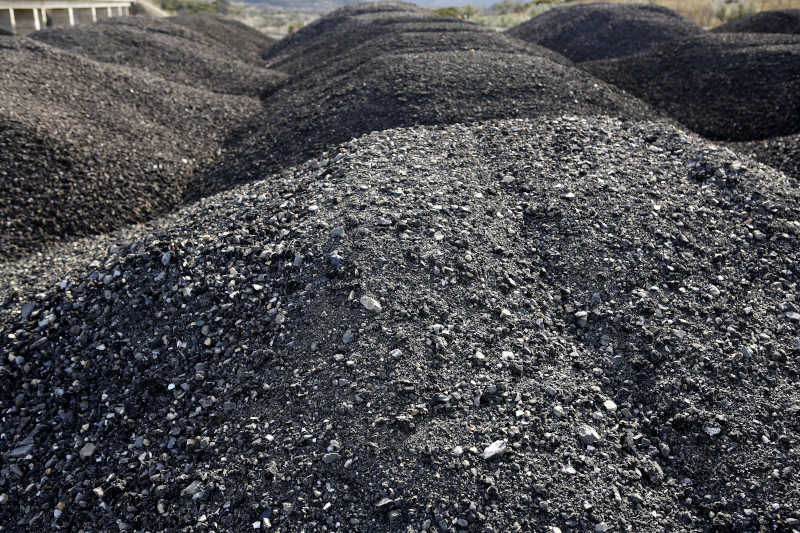
When it comes to paving driveways, many homeowners wonder about the environmental impact of their choice. Is asphalt an eco-friendly option? The answer might surprise you. Despite being made from petroleum, a non-renewable resource, asphalt is actually one of the most recyclable materials in the United States.
Asphalt is a mixture of sand, rock, and a binder called asphalt cement. This binder is derived from petroleum and helps hold the mix together. When laying asphalt for a driveway, the mixture is heated, poured, and then compacted to create a durable surface.
According to the National Asphalt Paving Association (NAPA), about 80 million tons of asphalt are recycled every year in the United States. That’s more than any other material, including aluminum, glass, and plastic.
When an asphalt driveway or road needs to be replaced, the old asphalt is crushed and taken to a plant where it can be recycled. This recycled asphalt, also known as reclaimed asphalt pavement (RAP), is then mixed with new asphalt cement and aggregate to create a fresh asphalt mix.
Using RAP in new asphalt mixes has many benefits for the environment and the economy:
The use of recycled asphalt shingles (RAS) in asphalt mixes is another way the industry is working to reduce waste and conserve resources. Asphalt shingles, which are commonly used in construction and roofing, contain a significant amount of asphalt cement. By recycling these shingles and incorporating them into new asphalt mixes, contractors can reduce the need for virgin asphalt cement and help keep these materials out of landfills.
In addition to using RAP and RAS, some asphalt mixes also incorporate other recycled materials like glass and tire rubber. These materials can help improve the performance and durability of the asphalt while also reducing the need for new resources.
Asphalt has some unique advantages over other paving materials when it comes to environmental impact:
It’s important to note that not all asphalt mixes are created equal. The quality and environmental impact of an asphalt mix can vary depending on the type and amount of recycled materials used, as well as the specific production processes and equipment employed. That’s why it’s essential to work with experienced professionals who understand the best practices for creating high-quality, sustainable asphalt mixes.
The asphalt industry continues to develop new technologies and techniques to make paving even more sustainable. For example, warm-mix asphalt (WMA) is produced at lower temperatures than traditional hot-mix asphalt, reducing energy consumption and emissions during production.
As a property owner, you can feel good about choosing an asphalt driveway for your home. By using recycled materials and supporting an industry that prioritizes sustainability, you’re helping to reduce waste, conserve natural resources, and lower emissions.
In fact, according to NAPA, using RAP in asphalt mixes replaces more than 21 million barrels of oil per year in the United States. This significant reduction in the need for virgin asphalt binder helps conserve natural resources and reduces the environmental impact of asphalt production
Asphalt paved driveways are not only durable and cost-effective but also an environmentally friendly choice. By using recycled asphalt and incorporating innovative technologies, the asphalt industry is working to reduce waste, conserve resources, and lower emissions.
At Riley Asphalt, we are committed to using the latest technologies and best practices to create durable, eco-friendly asphalt surfaces for our clients. Our team of experts stays up-to-date on the latest industry developments and is always looking for ways to incorporate more recycled materials and reduce our environmental impact.
If you’re considering a new asphalt driveway or need repairs for an existing one, contact us today to learn more about how we can help you achieve a sustainable, long-lasting surface for your home.
Please complete the form below for a free no-obligation estimate.